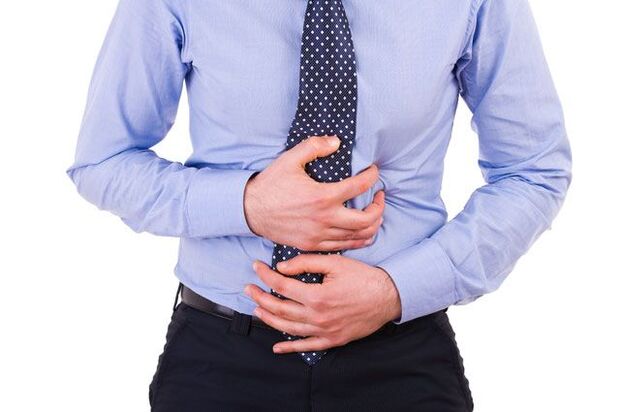 80 % of all diseases - from parasites, suggest modern scientists. Doctors do not exclude the fact that they can be the cause of cancer. According to statistics, helminthic invasion is observed in 90 % of the earth's population, which means that almost everyone in the risk zone.
80 % of all diseases - from parasites, suggest modern scientists. Doctors do not exclude the fact that they can be the cause of cancer. According to statistics, helminthic invasion is observed in 90 % of the earth's population, which means that almost everyone in the risk zone.
In children, the risk of infection is much higher, since the child’s immunity is weaker than an adult. In addition, without control from parents, children often simply neglect the elementary rules of hygiene: they do not disdain to eat unimportant vegetables, fruits or berries from the beds or wood, lazy to wash their hands, play with street animals, and swallowing water from the nearest pond is a common thing. Often from the vacation, children return thin, pale, lethargic, with complaints of nausea, abdominal pain, skin and itching.
Despite the fact that most adults are more attentive to personal hygiene, an adult can become infected. The main risk factors: snacks in public catering areas, where even if sanitary standards are observed, there are dishes for which the necessary heat treatment, the child’s disease did not go through. Symptoms in adults: weight loss, mood change, pallor and obsessive nausea, pain in the hypochondrium, itching. There are, however, parasites, the presence in the body of which is impossible to guess without a special test.
When to check?
It is recommended to check for helminths twice a year - in spring and autumn. The severity of the consequences of helminthiasis varies depending on the endurance of the body and, of course, the type of parasite. So, without proper treatment, the disease can result in light anemia, or can lead to the obstruction of the intestines that are life -threatening. Among other consequences of an unpleasant disease: perforation and inflammation of the gallbladder, pancreatitis and toxic-allergic reactions to the skin.
Methods of treatment
It must be remembered that parasites can infect several family members at the same time (and pets too). In no case should you be treated independently and take anti -malastic drugs for a preventive purpose. There are no universal anthelmintic drugs, and various helminthiasis are treated with various drugs that the specialist should prescribe, guided by the results of the tests. The usual tests for eggs of worms are not enough, since they can detect far from all types of helminths. Sometimes you need tests for antibodies to parasites, on the results of which further treatment will depend. Caring for the health of a pet, respectively, should be entrusted with a qualified veterinarian.
After therapy, doctors, as a rule, prescribe an enterosorbent, the purpose of which is to remove from the body that poisoning the body to the body's vital activity of parasites. For example, the modern enterosorbent "Enterosgel", which absorbs toxins secreted by helminths, and removes them naturally, cleansing the body and restoring the normal intestinal microflora.
Prevention
However, if possible, it is better to prevent the disease than to treat. In the prevention of helminthic invasion in children and adults, personal hygiene comes first - washing hands before meals, after walking and contact with animals. It is important to thoroughly rinse vegetables, fruits and berries. Even the marking "does not require washing" on the packaging of a fresh salad does not guarantee safety. To protect yourself, it is worth abandoning dishes that are consumed in raw form: land, mussels or steaks with blood can seriously harm the adult organism, not to mention the child. Also try to dine in trusted institutions and order dishes that have undergone heat treatment.



























